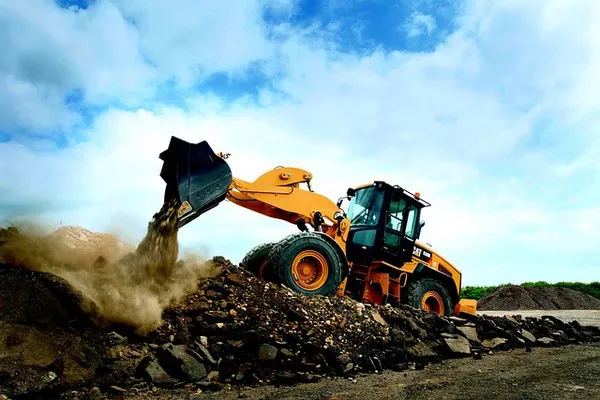China has launched its youngest-ever crew for its orbiting space station, with an average age of 38, as part of its plans to put astronauts on the moon before 2030. The Shenzhou 17 spacecraft lifted off from the Jiuquan Satellite Launch Center, and the three-member crew will replace the station’s current team. The new crew will conduct experiments in space medicine and technology and assist with equipment installation and maintenance. Additionally, China announced plans to send a new telescope into space for deep-universe exploration. This space endeavor reflects China’s pursuit of leadership in space exploration and technology.
China has focused on advancing its space capabilities and gaining influence in the field of space exploration, particularly amid its rivalry with the United States. The competition includes the race for lunar exploration and other milestones in outer space. While China has made significant strides in various space missions and science, the United States maintains a strong position in space capabilities, including financial resources and supply chains. Both nations have made progress in space exploration, including sending missions to Mars and planning asteroid landings.
China’s space station construction project, which includes its own space station, aims to secure its role as a leading player in space technology and science. While the United States currently leads in certain areas of space exploration, such as crewed missions and lunar objectives, the global space race continues to evolve as both nations pursue their goals.
China has built its space station as an alternative to the International Space Station, primarily due to U.S. concerns over control and involvement by the People’s Liberation Army. The Chinese space program has evolved significantly since its first manned space mission in 2003, making it the third country to put an astronaut in space using its own resources.
While China has made significant achievements, it continues to compete with the United States for dominance in space technology, diplomacy, and influence. Both countries are exploring various aspects of space exploration, including lunar missions and deep-space observation, and are actively engaged in this new era of space exploration.

